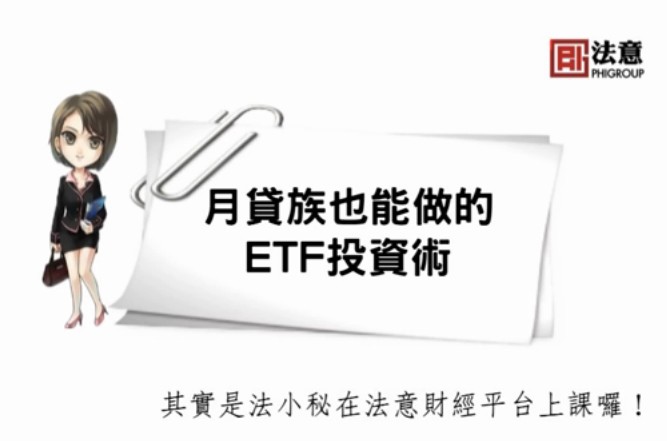彭淮南,亞洲最佳央行總裁Central Banker of the Year/ Asia: Fai-Nan Perng, Governor, Central Bank of China (Taiwan)
For many central bank governors, 2008 was a roller-coaster year, where fears over high inflation due to commodity prices in the first half suddenly switched to concerns over liquidity shortages in the second half. This required nimble monetary policy responses, and the Central Bank of China (CBC) in Taiwan was particularly careful in charting its course.
“I believe interest rate adjustments should be timely and progressive, never too strong or too late. Drastic tuning might affect financial stability and increase market volatility, while a belated monetary policy decision would defer the intended effects and thus be detrimental to sustaining economic growth. This is the reason why the CBC tends to fine-tune its policy rates,” says CBC governor Fai-Nan Perng.
During the monetary tightening cycle that concluded in June 2008, Mr Perng’s fine-tuning was underpinned by the knowledge that inflation was being driven by the cost of imported commodities, rather than the strength of domestic demand. “When faced with cost-push inflation, excessive monetary tightening would inevitably cause income to decline further, hurting economic growth. A sound mix of fiscal and monetary policy would be more appropriate under these circumstances,” he says.
After the Lehman Brothers collapse and ensuing global financial disruption in September 2008, the CBC was also quick to see the need for a change of direction, with interest rate cuts beginning less than a fortnight later. At the same time, to restore the confidence of depositors, the government declared full guarantee coverage on bank deposits from October 2008 to the end of 2009, and also agreed to guarantee interbank call loans over the same period. “The CBC has worked together with other financial authorities to maintain sufficient liquidity and stability in financial markets. We believe the stress in Taiwan’s financial system will soon begin to ease,” says Mr Perng.
To match the increased globalisation of financial flows, he urges more co-ordination between central bankers in the future. “Taking regional co-operation in Asia as an example, I suggest that a monetary fund be established which pulls together economies with abundant foreign exchange resources, including Taiwan, to assist economies harder hit by financial crises,” he explains.
彭淮南,亞洲最佳央行總裁 98.03.24 【時報-各報要聞】
--------------------------------------------------------------------------------
由The Banker《銀行家雜誌》獨立進行、全球央行總裁2009大獎,亞洲地區由我國央行總裁彭淮南獲頒殊榮,這是首位掌舵國家金融重責的華裔銀行家上榜,「5A總裁」的權威與專業度,讓全球金融界激賞。
與《全球金融》Global Finance雜誌的央行總裁評比制度不同的是,彭淮南有回覆主辦單位的提問。他特別說明,台灣經濟的特殊情況,使央行貨幣政策必須審慎進行微調,「利率調整不能太強勢,也不能太慢」;而台灣曾因大宗物資進口高價,形成輸入型通膨,當時央行必須維持新台幣的升值態勢,降低通膨對經濟的衝擊。
該獎主辦單位對彭淮南以適當而專業的雙率政策,妥善處理去年上半年通貨膨脹影響,以及雷曼兄弟倒閉衝擊台灣金融業,還能維持台灣金融市場與全球的互動,給予多方的肯定與讚賞。
主辦單位說,金融市場如今面臨史上最大的災難,嚴重考驗各國央行總裁的睿智,其政策動作牽連國家整體發展,能突出於各國而獲獎者,都值得世人特別尊重。
《銀行家雜誌》屬倫敦金融時報集團旗下,這次是第2年,進行全球央行總裁選拔。不同於進行多年的《全球金融》做法,會針對各國總裁授予「考績評比」,銀行家雜誌僅就5大洲暨地區,選出當年度最佳央行暨財政部長5位,包括歐洲、亞洲、美洲、非洲、中東,再從其中選出一位全球最佳總裁,2009年為歐洲國家克羅埃西亞(Croatian)央行總裁Zeljko ohatinski,2008年則為歐洲央行ECB總裁特里榭,至於2008年的亞洲最佳央行總裁,則為巴基斯坦央行總裁Shamshad Akhtar。
特別的是,此項為我國近年來最大的殊榮,但央行並沒有對外發佈新聞。(新聞來源:工商時報─陳碧芬/台北報導)
2009.03.10 彭淮南引用之「淺談外匯存底的意義、來源和運用」一文 / 歐斯麥選
2009.03.08 彭淮南大動作滅火/Mr.X 向彭總裁致敬
2009.01.26 彭淮南掌管九兆資產,個人存款不到七百萬,全球唯一5A級央行總裁




 留言列表
留言列表
